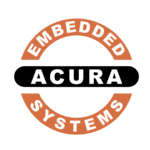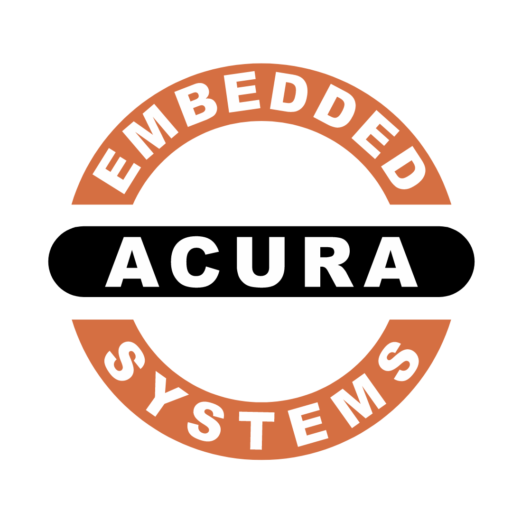The question often arises about what industrial automation is. This is because this is a very broad question, which involves several areas. Automation is part of the technological transformation, which allows us to go further and further.
Many technologies encompass these processes and are constantly being improved to make production activities even easier. In this article, we discuss more about it so that you understand how it affects everyone.

Industrial automation: Definition
To understand what industrial automation means, we can look at the history of the industry over the years. More and more technology is advancing to improve production techniques.
The use of more sophisticated machines in the production process is part of industrial automation. This has been happening in many segments, such as energy generation and distribution, transportation, product manufacturing, etc.
One of its main objectives is to have more autonomy in the manufacturing processes, in addition to reducing the time of production of goods. This is a concept linked to industry 4.0, known as the fourth industrial revolution.
This is because technologies such as artificial intelligence and cloud computing are being much more explored by companies. In this way, we can understand what industrial automation does and its importance for development.
History of Industrial Automation
Automation starts from the moment when humanity replaces manual production methods and starts to put machines in their place. In the 18th century, the first semi-automatic devices were created.
However, it was only in the 20th century, around the 1950s, that this concept became widespread in manufacturing, with fully automated machines. That’s when many activities performed manually started to be done with the use of technology.
This helped to increase production, making more goods in less time and without losing quality. After the Second World War, technology evolved even further, and the first numerically controlled machines were created, in addition to control systems.
In the 1970s came computers, which had the function of controlling large automation systems. Soon, they were replaced by a more advanced machine, the Programmable Logic Controller. This was specially designed for industrial processes.
Finally, with the arrival of the 1990s came the advance in computer technology with high processing capacity. This enabled the systems to become more efficient, as well as faster and more reliable. The production increased its scale and reduced costs, which generated more profit for the companies.
Advantages of industrial Automation
Knowing what industrial automation is, it is possible to verify its main advantages. See some of them below:
Cost Reduction
With the possibility of producing more merchandise in less time, the company ends up reducing costs and obtaining more profit. Another way to save costs is to reduce errors. As the process is automated, failures decrease considerably and the financial loss as well.
Safety
Another advantage is safety on the shop floor. With automated machines, there is no need for employees to perform hazardous tasks in production. This avoids accidents with machinery and gives more safety to professionals.
Production control
The technology also favors better production control. With a management system, for example, it is possible to manage from the manufacture of products to their distribution. All information about the production chain is recorded and stored. Thus, the manager can have full control over the company.
Quality
Automation also influences the quality of products, as it helps in the testing process and also in the verification steps. As a result, the company finds it easier to follow quality standards, in addition to meeting legal standards.
Production Time
As mentioned before, one of the main benefits of industrial automation is the considerable reduction in production time. This is because it has high precision and agility, especially in repetitive activities.
Flexibility
Automation also allows the company to produce on demand. It is a concept called “just in time”, that is, only when there is true demand for the product. In this way, the production line becomes more flexible, as well as lean and adaptable.
Industrial PC
You probably already know it, but an Industrial PC is a very different machine from what you are used to seeing in personal computers, perhaps not in processing power but in what it provides us in our workspace. Want to know more?


